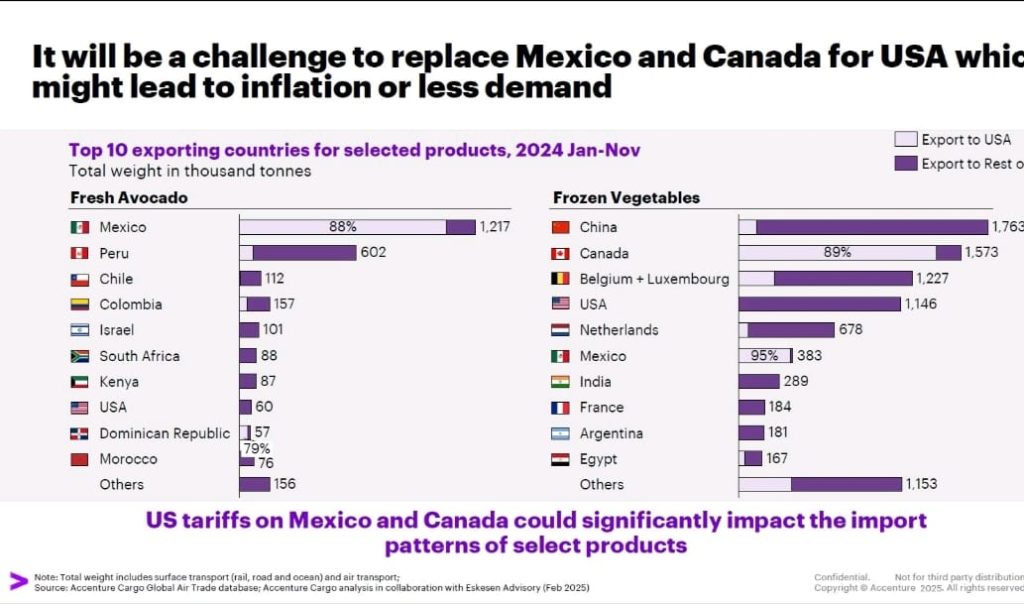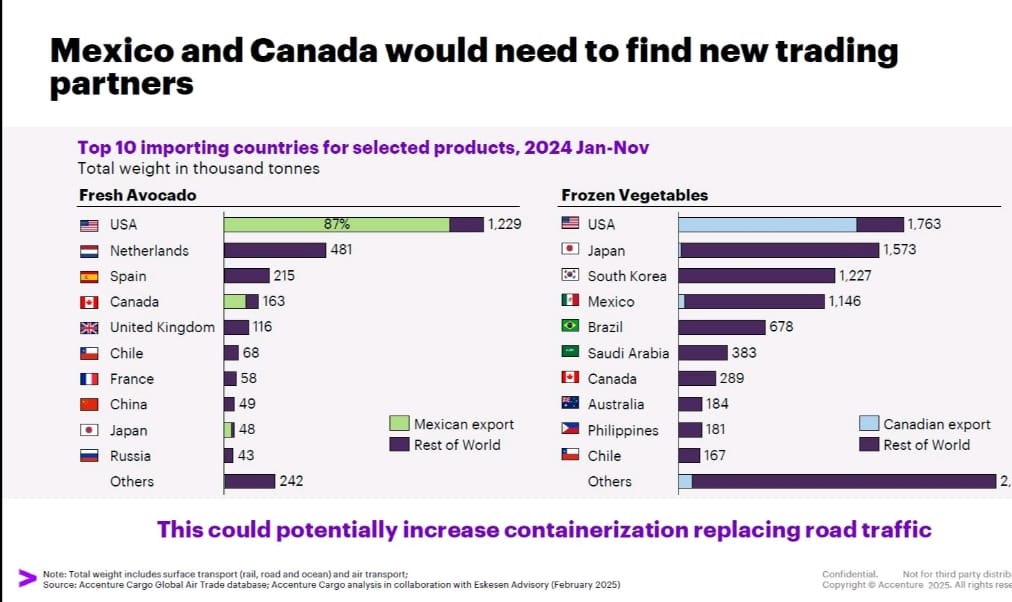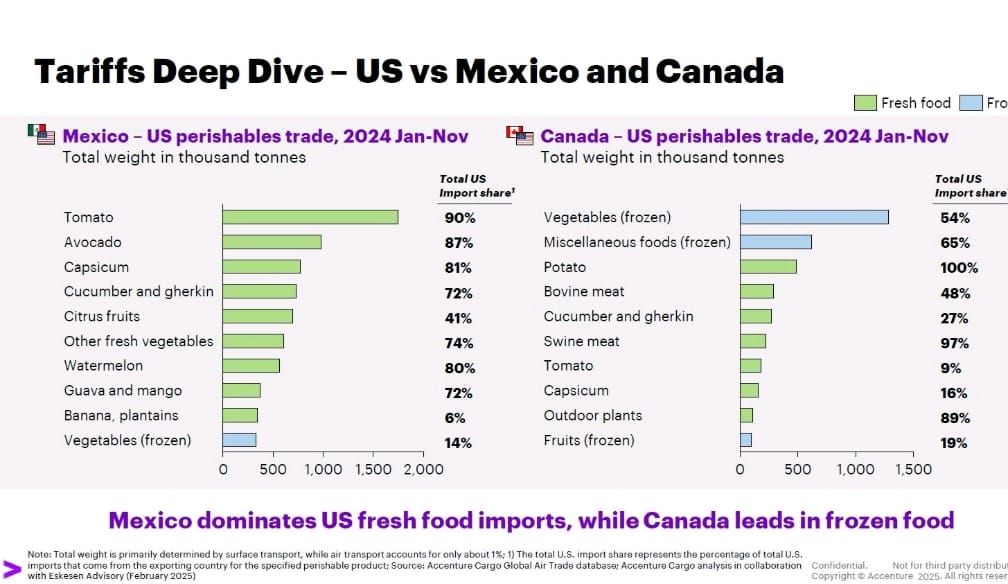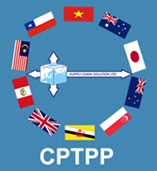The trading dynamics among the United States, Mexico, and Canada have shifted significantly due to recent tariff modifications. The U.S. has introduced a 25% tariff on many imports from these nations, with a reduced 10% tariff specifically targeting Canadian energy products. These changes aim to address trade disparities and security concerns but have also raised worries about potential economic conflicts.
In response, Mexico and Canada have implemented their own counter-tariffs, focusing on U.S. exports such as vehicles, steel, and agricultural goods. These adjustments are likely to disrupt established supply chains, increase production costs, and result in higher prices for consumers.
Despite the challenges, businesses are finding ways to adapt by reorganizing supply chains and developing strategies to minimize the financial impact. These evolving trade policies underscore the importance of innovation and collaboration in maintaining robust economic partnerships throughout North America.



